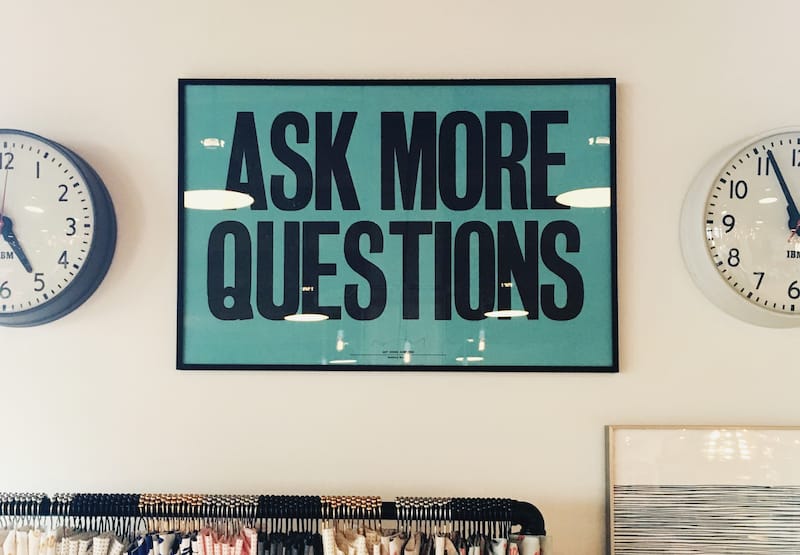The past three years there’s been an explosion in the number of new websites, and as of this week WordPress how has 30%* share of the market. More websites are going live every day and yet many are in trouble.
Help!
It’s pretty simple to get a website going, but it’s also all too easy for things to get out of control; too many images of the wrong size and too much code makes a site very slow to load, and these days if your site takes more than 3 secs to load, especially on mobile, your customer is out of there.
There’s a combination of bad practice and bad developers at play here. Some bad things that can happen are:
- Website uses a bad theme that doesn’t consider page speed/has too many features
- A bad developer/development company holds the website hostage
- Website is on bad/cheap webhosting
- Website depends too much on plugins and not enough on smart coding
- Website has incomplete/improper SEO and can’t be found online
Bad theme
There are almost too many themes on the market and while all claim to be the best, fast, and/or powerful, there are many you should avoid. I’m not going to make a list of bad ones, but some great ones are:
- GeneratePress (free or Premium)
- OceanWP
Combined with a page builder you get a lot of powerful features and control over your page content:
- Gutenberg (WordPress’s new page builder)
- Elementor (small and light, I don’t recommend Visual Composer in particular; it’s bloated and known for trapping your content; if you leave it, your content is trapped inside it)
Bad developer holds the website hostage
I want to address bad developers. Working as Dirt and Rust I make sure at some point my clients no longer need me. It’s no good to me to trap a client so I can keep getting paid; no one comes out ahead in this scenario. Bad developers will buy your hosting and domain name for you and then lock you out of your own website. Don’t let this happen!
I’ve had more than one client come to me asking to be saved from a bad developer and this situation is awful, but it can be avoided by not giving any developer the keys to your domain name or your web hosting.
What I normally do, and suggest, is that the client buys their domain name and sets up the webhosting then adds me as a technical admin on both; that way I can get support going without involving the client and I can’t lock the client out.
If you engage with a developer who won’t do the above then I’d suggest run away!
Bad webhosting
A website is only as good as the web server it’s hosted on and there are many options here as well. Here are a few I recommend, one New Zealand-based and the other two in Australia/US:
You’ll get either VPS (shared hosting) or Dedicated hosting; both are fine, but Dedicated hosting is best for a large site with lots of traffic. Whichever host you choose, make sure they have excellent support; Siteground and WPEngine have online chat and Sitehost is local to New Zealand so any customers here can call them during normal business hours.
Too many plugins
WordPress websites are wonderful for customers and clients because they can add their own functions via plugins; therein lies the problem – plugins can conflict and your website starts to slowdown and become error-prone. I have seen WordPress websites with more than 20 plugins and it’s downright scary. When a conflict occurs due to plugins you have to try to figure out which ones are clashing.

Website has incomplete/improper SEO
SEO, or Search Engine Optimisation basically means you make it easier for Google to find your website, which in turn means your customers have an easier time finding you. Some crucial pieces to have are:
- sitemap.xml – this is a directory listing of all your webpages; a plugin can do this for you automatically
- robots.txt – this file is very simple: it tells bots what to scan and what not to, and also can list your sitemap.xml file; this file can also block all search bots so make sure it’s done correctly
- Some themes put too many H1’s on a page because they look good; make sure your developer understands “on-page SEO” and make sure the content is structured properly in the HTML
- Speaking of structure, your site’s links/urls should look great on Facebook and other social media sites – open graph tags and twitter tags make this happen, make sure your developer/your theme addresses these tags
SEO when done right can optimise your website on Google Search. Have your developer also look into your Google Analytics and Google Search Console and make sure you not only have good data coming in, but that you can properly analyse it and see trends and make your site better, week-on-week.
Website has no security in place
Except for user logins WordPress websites start out as a wide open system and it’s immediately discoverable by bots because all WP sites start with a /wp-admin page. This page is easy to “brute force” which means a hacker/bot tries to login to your site repeatedly until it’s successful.
The best way to stop this and other attacks is with a security plugin:
My favourite is iThemes Security because of its step-by-step setup walkthrough, but all three of these plugins come highly recommended and have free and paid options. Free works for most things, if you want more support, and/or more functions and malware scanning then go the paid versions.
The best thing about security is if you do it right from the start you won’t have to clean up malware later. Malware is much harder to remove because it can live amongst the files you want to keep.
Another great thing to do is to get your developer to update what’s known as a WordPress Salt; this is a set of keys every logged in user gets when they authenticate. Replace these keys every so often and every user needs to log back in to the site but people you don’t want to have access will be blocked from doing so more effectively.
How to get unstuck? Let me help
If you have a website and it’s in trouble for any of the reasons I mention, please feel free to reach out to me and I’ll advise you, I never charge for this – it’s important to me to fight for the underdog. You deserve success!

